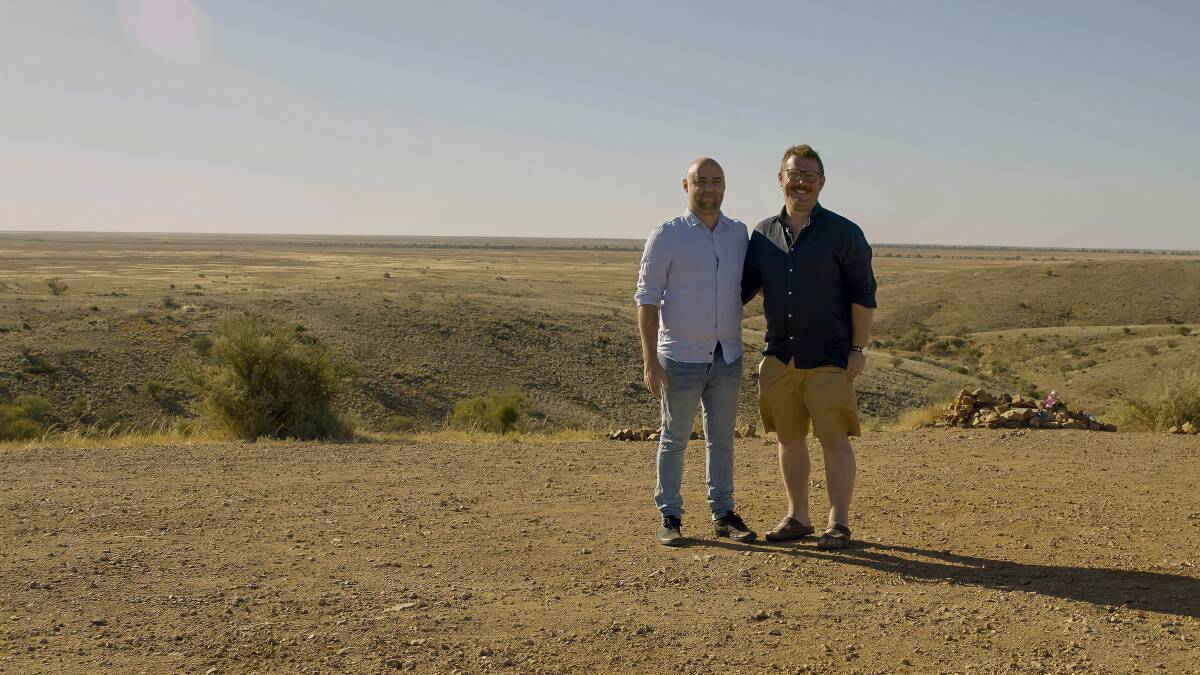WATCH: NSW regional town Armidale has welcomed some 650 Ezidi refugees since 2018.
The cost of living crisis is driving one in five city dwellers to consider a move to regional Australia.
People are also tired of the traffic and stress of city living, a new study from the Regional Australia Institute found.
Lawyer Steven Wright moved with his partner James Pollack to Broken Hill from Sydney for a six-month contract. That was four years ago.
The couple “loved every minute” of the move and decided to stay in the outback NSW town.
“We actually bought a house last year which is not something we probably could have afforded in the city,” Mr Wright said.

“We’ve wanted to stay not just because of the professional advantages that we’ve had – we’ve both been promoted while we’ve been here – but we’ve also made such good friends.”
The Regional Australia Institute study found people living in the city had concerns about access to healthcare that prevented them from moving regionally.
It was something Mr Wright said the couple had talked about before their move.
“We have really experienced doctors that work here as part of the Royal Flying Doctors Service and I’ve found them more caring than our city doctors because they know us.
“They’re not just churning us through but they are part of the community, they live here too.”
Jobs waiting to be filled in regions
The study found a sea change was top of the wish list for people living in the city with 56 per cent preferring a large coastal area over a move inland.
Working-from-home has also opened the door for a move to the regions and 73 per cent of people believed there were professional opportunities in the country.
It comes after 70,000 people moved to regional areas during the first year of the pandemic and regional migration remains 16 per cent above pre-pandemic levels in 2023.
Regional Australia Institute chief executive Liz Ritchie said regional centres were “prepped and primed” for those wanting a change.
“People are realising a move to regional Australia doesn’t mean compromising your career, income or lifestyle,” Ms Ritchie said.
“There are well-paying, professional, skilled and entry-level jobs waiting to be filled in country areas.”
As well as healthcare concerns moving away from friends and family was another barrier for people considering a move.
And more than half of people surveyed said they would want to remain within a two-hour drive of the city they live in.

